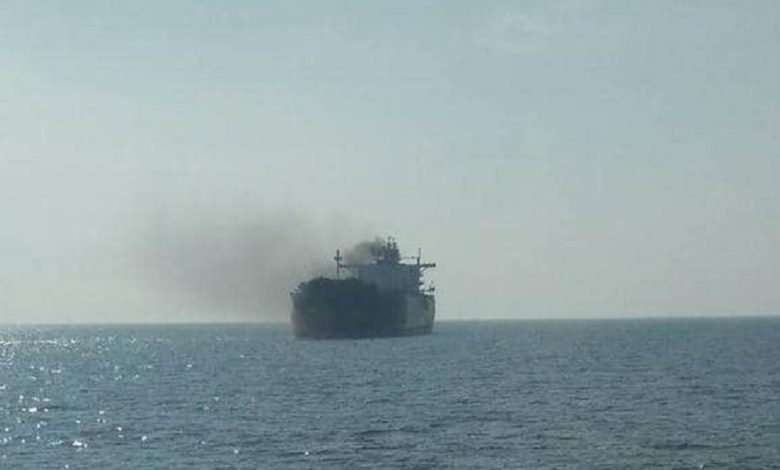Black Sea shipping crisis escalates

Black Sea shipping has descended into dangerous chaos not experienced since the early months of the war in Ukraine.
In a tumultuous week for shipping out of the Black Sea, shipowners and insurers are taking stock and giving the region a wide berth as both Russia and Ukraine have declared the North-East Black Sea region and the Kerch-Yenikal strait dangerous and prohibited.
Russia announced that all ships travelling to Ukraine’s Black Sea ports will be considered potential military targets, as Kyiv said it would set up a temporary shipping route to continue grain exports following Moscow’s withdrawal from a deal that permitted food shipments from Ukraine’s ports.
Russia now deems all ships travelling to Ukraine to be potentially carrying military cargo on behalf of Kyiv and the flag countries of such ships as considered parties to the Ukrainian conflict.
To counter the end of the Black Sea Grain Initiative, Ukraine established a temporary shipping route via Romania.
But just a day after Moscow’s threats to the Black Sea shipping routes, things got exponentially worse. Ukraine’s Ministry of Defence announced that as of today all vessels in the Black Sea heading to Russian ports or to temporarily occupied ports of Ukraine may be considered as carrying military cargo.
Also, navigation in the North-East Black Sea region and the Kerch-Yenikal strait was declared dangerous and prohibited as of Thursday.
“Russian Federation has once again brutally violated the freedom of navigation enjoyed by the entire world, and it continues to deliberately undermine international food security by exposing millions of people to the danger of famine,” Ukraine’s Ministry of Defence said.
The Ministry reminded of the sinking of the Moskva, the flagship of Russia’s Black Sea fleet, back in 2022 as evidence that it has all the necessary tools to enforce its own blockade.
The Moskva was sunk using domestically developed using Neptune anti-ship cruise missiles. Sources covering the war in Ukraine claim that its military is also equipped with ground-launched Harpoon anti-ship missiles and that it has conducted attacks on ships using very long-range uncrewed surface vessels (USVs).
The USVs have been recently used in the attack on the Sevastopol Naval Base and the $4bn Kerch Bridge which links Russia and the occupied Crimean Peninsula.
This all points to Ukraine being able to make good on their threats and enforce their blockade of the Black Sea and the Kerch-Yenikal strait if they so choose to.
The UK Ministry of Defence said as much in an update regarding the situation in Ukraine. It claimed that the Russian Black Sea Fleet would be more active in disrupting any trade that continues but that it would also leave the BSF blockade operations at risk from Ukranian USV and missile attacks.
But, there is a way to stop the sabre-rattling although it is unlikely to happen as Vladimir Putin said that he would allow the Black Sea grain deal to be restored but under his conditions.
Namely, assurances that Russian fertilisers and food exports could reach the global market, readmission of the Russian Agricultural Bank (Rosselkhozbank) to the SWIFT payment system, resumption of exports of agricultural machinery and spare parts to Russia, removal of restrictions on insurance and access to ports for Russian ships and cargo, and the reinstatement of a now-damaged ammonia export pipeline from Russia’s Togliatti to Odesa in Ukraine.

Vlad wants to start WW3. Pretty obvious. What will Beijing do?
But the grain and other exports from Ucraine could use Rumanian ports, transporting grain from Odessa by road and using the road bridge connecting Ilychivsk with Bilhorod-Distrovsky, (if the Russians do not destroy it first) and then through Bulgaria to the Greek port of Alexandroupolis for loading to Ships to Middle East and African ports.